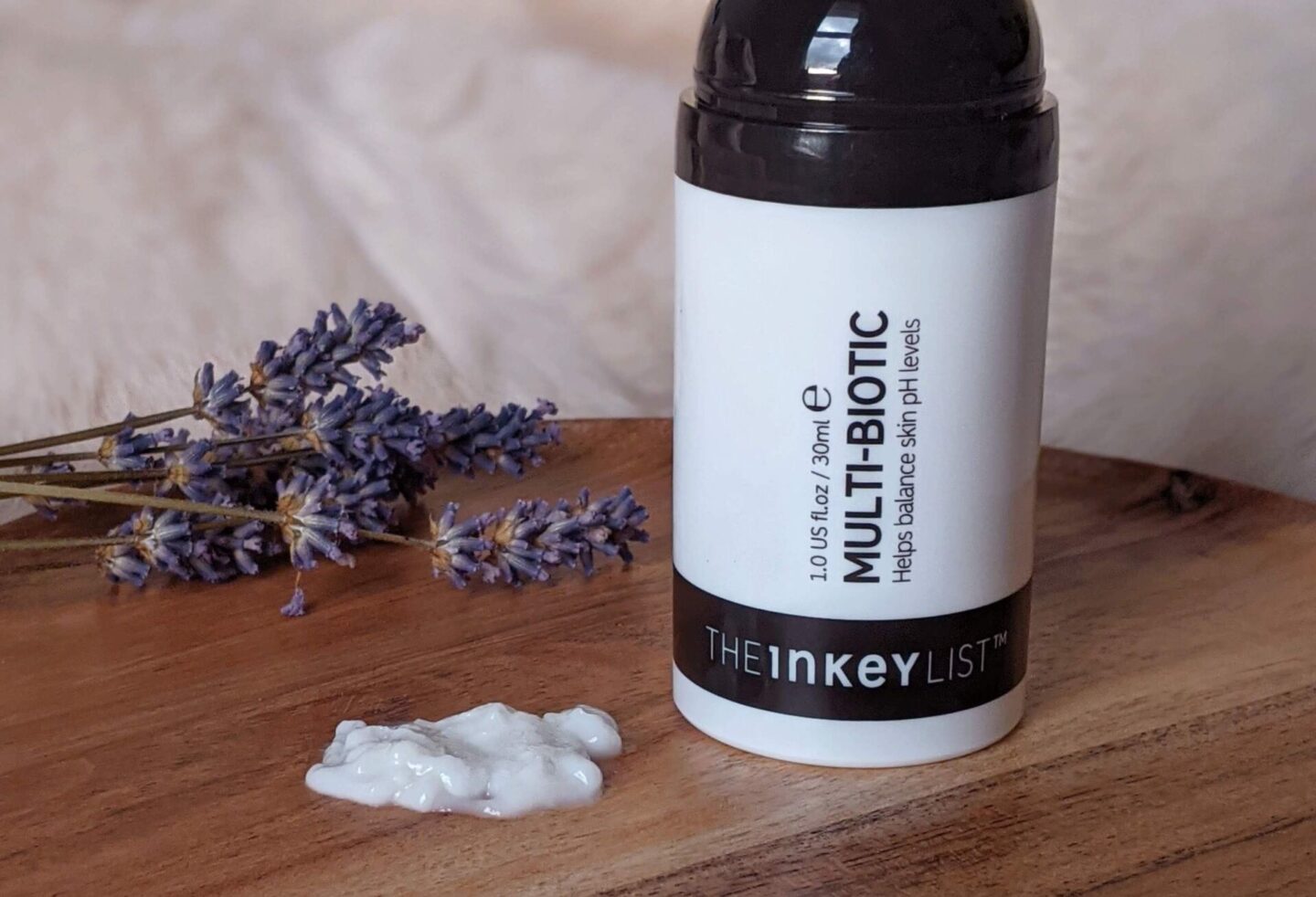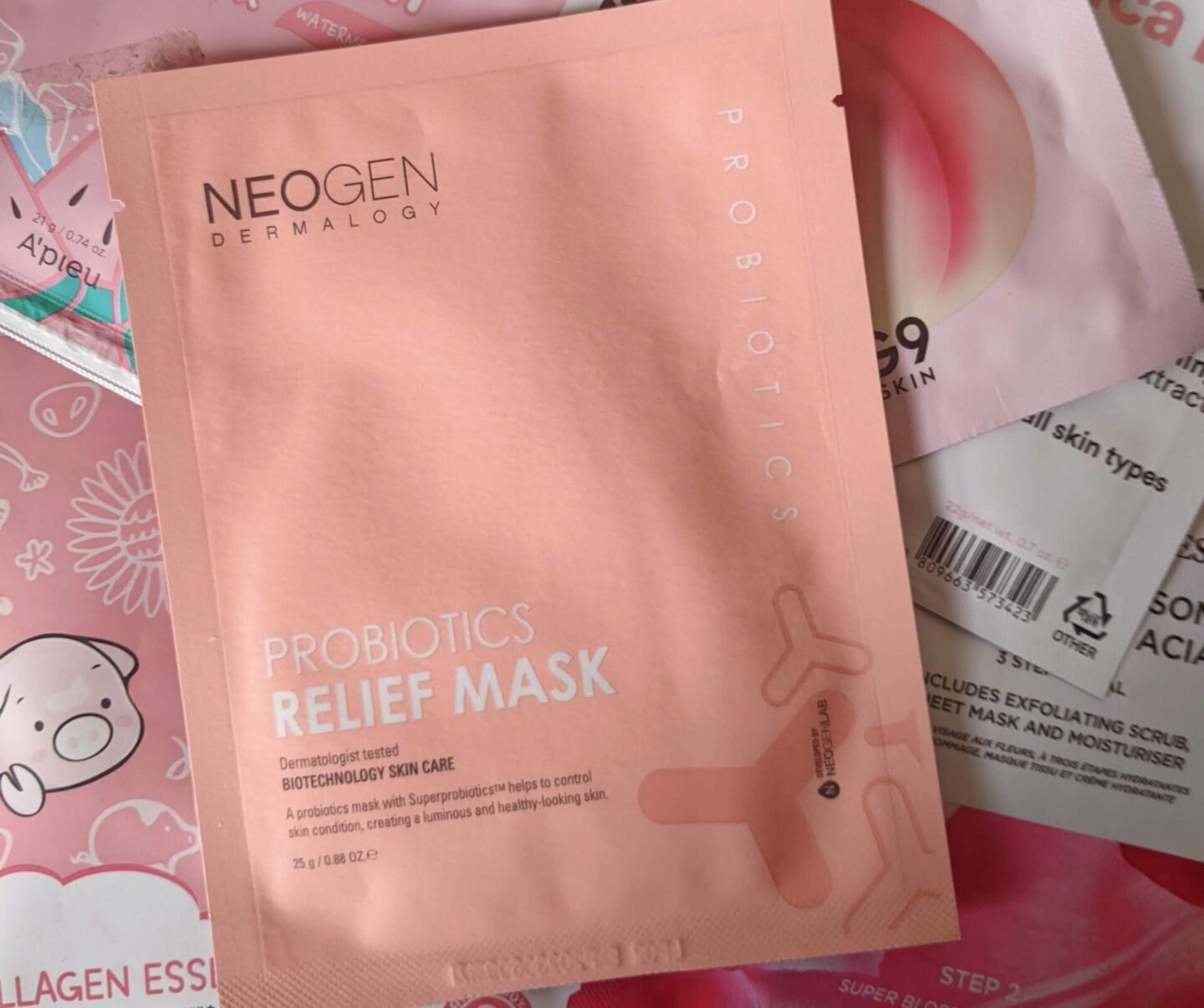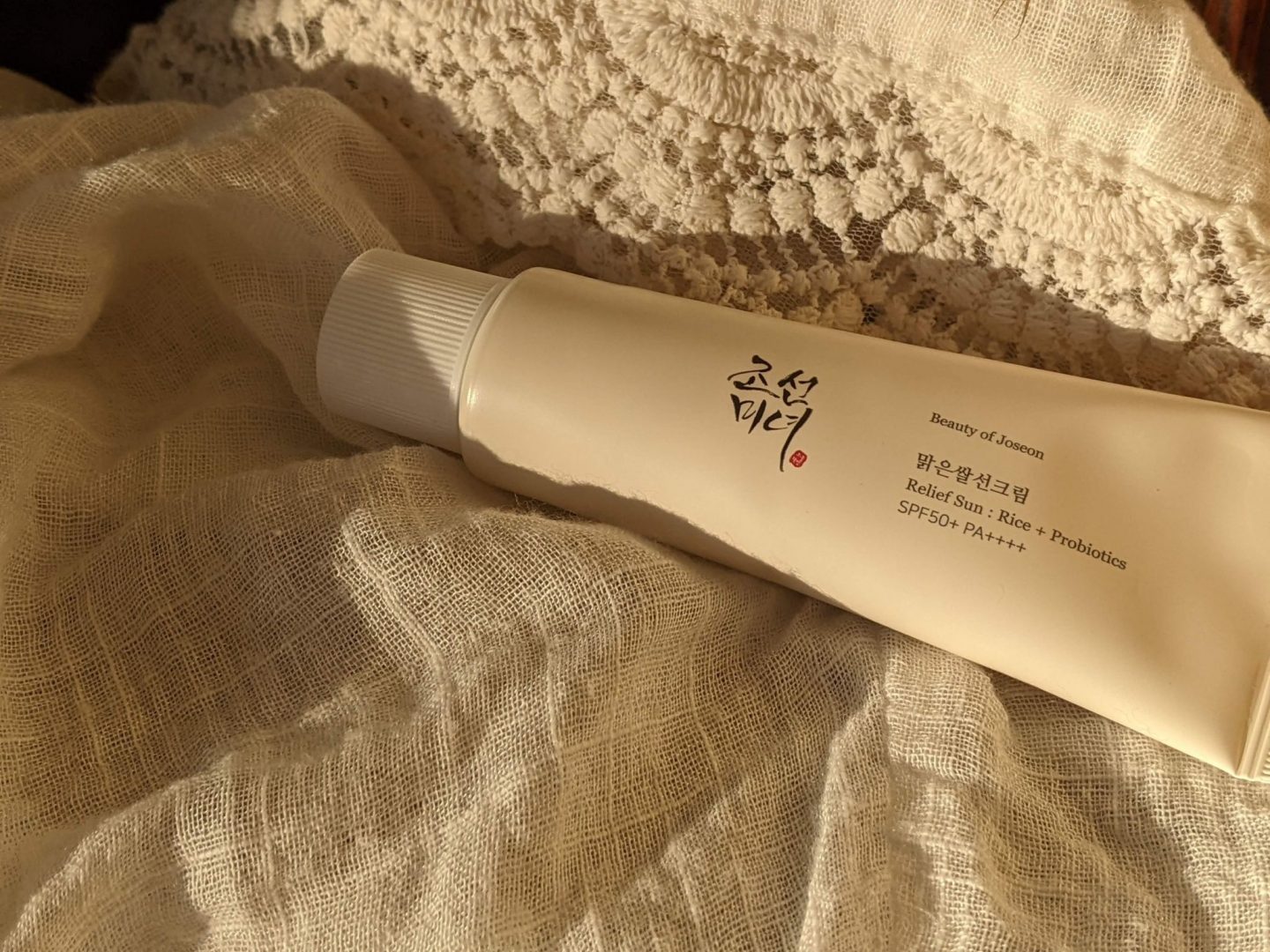
Probiotics have long been used to keep the bacteria in our gut happy, often in the form of yoghurt or food supplements. But did you know our skin is covered in bacteria too? As our largest organ, it only makes sense to make sure these bacteria are kept happy too!
Topical probiotic products are now available from a range of brands to help keep our skin in the best condition. But is this just another skincare fad, or something actually worth incorporating into your routine?
First, let’s look at the science of your skin!
What does the bacteria on your skin do?
Now don’t freak out, but your skin is actually covered in bacteria, viruses and fungi! This unique microbiome acts as a barrier against pathogens and helps to regulate inflammation and skin health.
There are many factors that can unbalance this microbiome, including stress, dietary choices and changes to pH levels of the skin. If it becomes unbalanced, then your skin can experience issues like eczema, acne, rosacea and infections.
Probiotic skincare can be used to keep everything balanced and prevent these issues.

What are probiotics?
Probiotics are live bacteria that can be beneficial to your health. When applied topically (like in a face cream), you’re getting an extra helping hand of good bacteria to support your skin barrier. A happy skin barrier means calmer, hydrated and balanced skin.
Why would I need probiotic skincare?
You might be thinking: “if my skin is covered in bacteria, why can’t it make more when it’s needed?”
Once your skin barrier is damaged, it can take a while for things to get back on track, especially if you have sensitive skin. If you just waited for your skin to sort itself out, the compromised skin barrier could open you up to a whole host of problems, like infection or eczema.
Your skin can be damaged by all sorts of things: from pollution, wind and UV radiation to over exfoliating or using a cleanser that is too stripping. So, if you’re serious about keeping your skin in good condition, then prevention through regularly using a probiotic product can be better than trying to repair damage after it’s been done.

Who should use probiotic skincare?
Anyone can use probiotic skincare, but some skin types will see bigger benefits:
Probiotics for acne
Some forms of acne are caused by bad bacteria, and increasing evidence suggests that fighting acne bacteria with good bacteria can help to clear up the problem.
A type of bacteria called lactobacillus has been found to be effective in the treatment of acne. Probiotics can work well as an acne treatment due to the calming and balancing benefits it offers skin.
Probiotics for sensitive skin
Probiotics help to balance skin and offer anti-inflammatory benefits, helping to calm and restore sensitive skin. Once your skin is more balanced with the help of probiotics, it is likely to become stronger and less reactive.
Probiotics for environmental damage
An increasing worry for many in the modern age is the effect pollution has on our skin. By using probiotics topically, our natural defences against environmental pollutants will be boosted. This can help to keep our skin looking youthful by stopping damage to healthy cells and collagen.

Skincare supplements
Skin health isn’t just about what gets put on the outside – your insides matter too!
Have you ever eaten something that made you break out? What you put into your body can have just as much of an effect as what you slather on your skin!
That’s why we’ve seen a big increase in skincare supplements in recent years, with daily tablets taken to help improve skin health.
This is why some brands suggest a two-fold approach to things like probiotics or collagen supplements – helping your skin stay healthy from the inside and out!
Probiotic supplements
This isn’t just a general theory – science has shown that a bacterial imbalance in the gut makes you more likely to develop inflammation in other parts of the body, which is linked with an increase of skin conditions.
For example, it is thought that an overgrowth of certain bacteria in the small intestine can trigger rosacea and acne, which is why antibiotics are sometimes prescribed to help treat these skin issues.
By using probiotic supplements and topical probiotic creams, these bacteria can be balanced, and the issues may be resolved without the need for antibiotics.
While probiotics can be powerful skincare products, it cannot guarantee to fix issues like rosacea and acne, and you may need to consult with your doctor or dermatologist before pursuing supplements as a treatment option.

